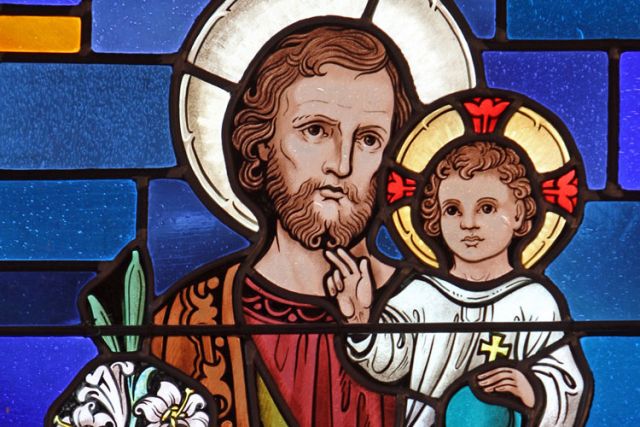The people of Israel had been freed from slavery in Egypt by the spectacular and power-filled intervention of God. Egypt had been humbled and the army of pharaoh destroyed as the people made their escape. But now the excitement and exhilaration of their deliverance had worn off and they confronted the reality before them.
They were in a hostile desert without visible means of support — no shelter, food or water. Fear and panic set in as they faced a severe thirst, so they began to rage and complain to Moses. Why did you bring us out here — to kill us in the wilderness? They simply refused to look beyond immediate appearances and place their trust in the God who had just led them out to freedom.
These and similar accusations discouraged and wearied Moses, so he took his problem to God, and God, as always, provided for their needs. At God’s command Moses struck the rock at Horeb with his staff — the same one he used to strike the Nile River — and water gushed forth to satisfy the thirst of the people. A rock is an unlikely place to find water — and that is the point. All things are possible with God and God often chooses the impossible solution to demonstrate clearly that it is God’s doing and not ours. The faith of the people was tested and they failed miserably, and many episodes of infidelity, murmuring and doubt would follow. This would cost them a 40-year period of wandering before entering the Promised Land. Their experience is ours. It teaches us that when all the usual signs of support or comfort vanish, we discover just how deep or superficial our faith is.
It is no accident that Psalm 95, with its reference to this incident, is the introductory psalm for the daily office. It reminds us that we often ask that same question: Is the Lord among us or not? When we put God to the test we slam the door in God’s face. A time of struggle, suffering or adversity can be when our faith is most profound and rewarding or it can bring home to us how much we still need to grow in trust.
Paul insisted that it is by means of this faith or trust that we are made right (justified) in God’s sight. Our weaknesses and sins are not what keep us from God but our lack of faith. By having faith in Jesus — and faith is characterized by surrender and openness of heart — God is able to pour love into our hearts along with the gift of the Spirit. This will satisfy another sort of thirst — our longing for God. It is nothing we can earn on our own and it is not a reward for good behaviour — it is the gift of faith.
There are many kinds of human thirst and hunger. In John’s Gospel, water is a metaphor for the spirit of God. In the skillfully written story of Jesus’ encounter with the Samaritan woman at the well, Jesus began with the usual human literalism and obsession with material needs. Through some verbal fencing He brushed aside human ignorance and invited the woman to look deeper into the meaning of everyday words and events and to think of the human thirst for God. He indicated that the “living water” that He offered would never leave her thirsty again. When He revealed something of her hidden past, her view of Him changed — she now thought of Him as a prophet. She posed a question to Jesus: who’s place and form of worship was correct, the Samaritans or the Jews in Jerusalem? But Jesus swept aside all such distinctions. A new spiritual order was coming into being with His arrival on the Earth. From now on the living water that He offered — the Spirit — would make it possible for believers to be true worshippers in Spirit and truth. Rather than knowing about God they would know God directly and personally.
What must one do to receive this Spirit? It should not surprise us — have faith and trust in the one sent from God — Jesus.


